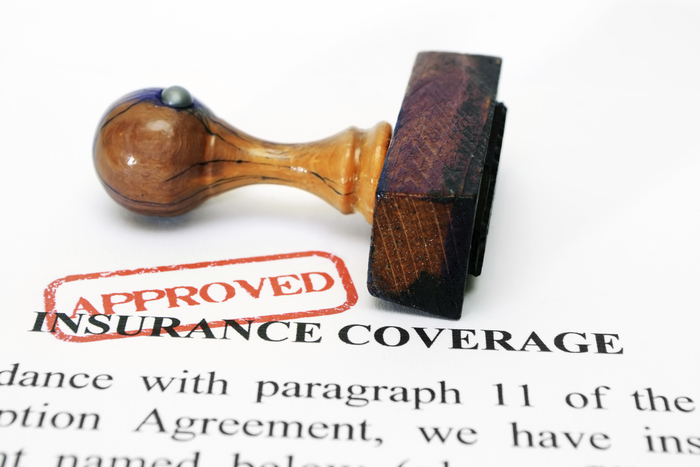Car accidents generally boil down to who was at fault. Sometimes it is one single person, and other times it is two or more people involved such that a portion of the total liability is allocated by a jury or judge to each of these people. In apportioning liability, the amount of damages each owes will also be divided or allocated, depending on the type of system that is followed in the particular state jurisdiction. Insurance plays a very important role as insurance companies will eventually take the place of the insured and litigate or settle any outstanding financial issues for bodily injuries, medical bills, lost wages, property damage, and other issues. However, in some cases, a driver bearing at least some liability may be under-insured or even uninsured. Auto insurance companies provide policies, however, that still give certain level of coverage in instances involving under-insured and/or uninsured drivers.
Exchange Insurance Information
It is important in the immediate aftermath of an accident to talk to the other driver or drivers involved and exchange insurance information. This is necessary in cases where all parties are insured and the companies must become involved. Additionally, seeking to exchange insurance information will allow an insured driver to actually ascertain whether or not other party or parties who are at fault even have an insurance policy.
Coverage for personal injuries sustained as a result of an accident caused by an uninsured driver will include payments for the insured’s medical bills as well as damage to property. Thus, if Person A is uninsured and causes an accident injuring Person B, who is insured, then that insurance company will still cover Person B. So long as the uninsured is at fault, then the relevant provision of the policy will kick in, and the insured can collect up to the dollar limit of the policy provision.
Under-insured Drivers
In situations where a driver at fault has insurance but the policy level is insufficient to cover damages, that driver is considered to be underinsured. If the person not at fault has an underinsured provision in their policy, then that person’s own insurance company will reimburse for expenses up to the dollar limit of that provision. The reimbursement will also cover whatever the underinsured at-fault driver’s policy cannot. Thus if the underinsured can only cover about 80% of the costs, then the innocent driver’s policy will cover the remaining 20%, up to the limit. The underinsured provision will also kick in so long as the coverage limit is greater than what the at-fault underinsured driver’s company can pay – if not, then obviously the at-fault underinsured driver’s policy will pick up the tab.
Must Read Following Link:
It is important for drivers with insurance policies to have under-insured and uninsured provisions to protect them in the event they have an accident with insurance-less drivers. There is no reason for someone else’s negligence and financial deficiencies to adversely impact others.
Contact West Palm Beach Attorneys
West Palm Beach Personal Injury Attorney of Scott J. Sternberg represents clients in Worker’s compensation, Social Security Disability and Personal Injury. Call for free consultation on our phone number 561-687-5660 and visit our website for further information.

